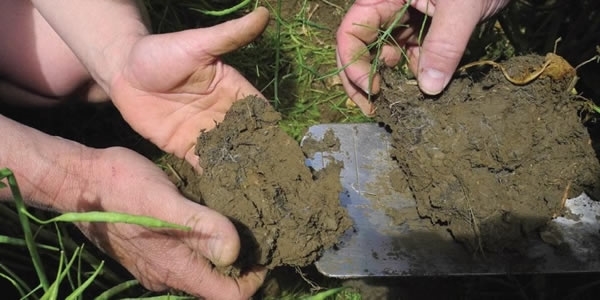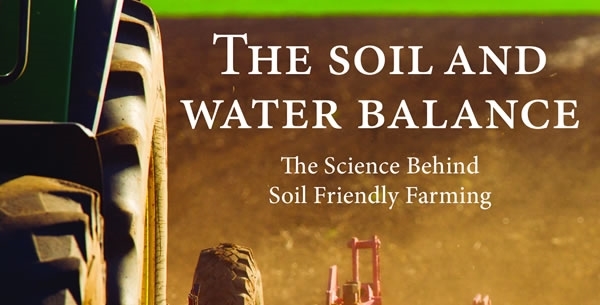
I am delighted that the Government is finally putting soil on the agenda. A healthy soil is vital to ensure both high yields and future high yields, as well as environmental protection. There are no negative consequences for the promotion of maintaining a healthy soil (UK farmers to be given first ever targets on soil health, 14 March).
It is important to note that the government, science community and farmers are referring to soil “health” – as only something that is considered alive can have health, thus using this term we are all (unconsciously) acknowledging that we regard soil as a living ecosystem and not just an inert substrate for food production. There are more bacteria living within a teaspoon of soil than there are humans around the globe.
Unfortunately, due to the difficulty in seeing what is going on below ground, the vast abundance and diversity of species are often overlooked, even though they are the driving forces behind all processes occurring within the soil. These points and more were stressed at a recent conference at the Allerton Project, which has been at the forefront of soil and water research for the past 25 years.
Felicity Crotty
Soil scientist at Game & Wildlife Conservation Trust (GWCT)

Get the inside track on soil and water research
We are delighted to announce the launch of our brand new book - The Soil & Water Balance.
Priced at just £9.95, this handy paperback provides the inside track on soil and water research.
Presented in a Q&A style, much like last year’s popular Moorland Balance, this 100-page book looks at the problems and solutions on topics ranging from erosion and contamination, to the impact on songbirds and other wildlife.
Combining years of research at the GWCT's Allerton Project demonstration farm with tens of external scientific papers, this is a fascinating study of how farming can adapt to the challenges it currently faces.
Buy now >